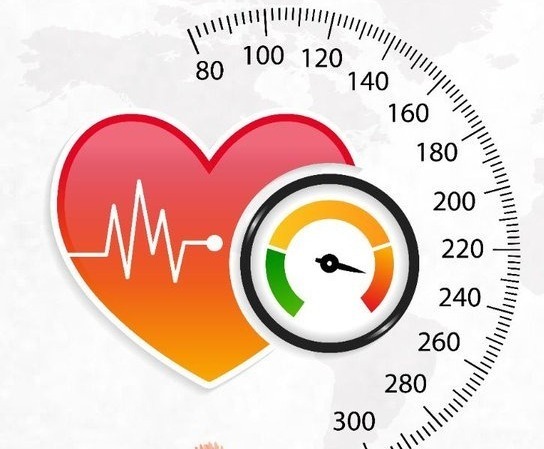An estimated 294 million people in South-East Asia are living with hypertension, according to the World Health Organization’s (WHO) Regional Director for the region, Saima Wazed.
On World Hypertension Day, observed annually on May 17, Wazed emphasized the need to strengthen efforts to prevent and control hypertension to meet global and national targets.
According to the World Hypertension League (WHL), hypertension is “a driving force in the global epidemic of non-communicable diseases (NCDs) and the leading risk factor for death and disability globally.”
World Hypertension Day, first observed by the WHL in 2005, aims to raise awareness of this “silent killer” and galvanize global action to combat high blood pressure. This year’s theme is “Measure Your Blood Pressure Accurately, Control It, Live Longer.”
Wazed highlighted that high salt intake, tobacco and alcohol use, unhealthy diets, physical inactivity, stress, and air pollution are key risk factors for the rising prevalence of hypertension.
“Efforts to prevent and control hypertension need to be further strengthened to meet global and national targets, including those outlined in the Sustainable Development Goals (SDG) and SEAHEARTS milestones,” she said.
Wazed outlined five key areas for the government and healthcare professionals to focus on to manage and prevent hypertension among South-East Asian communities:
Reducing hypertension risk factors by implementing WHO technical packages for tobacco control, salt reduction, elimination of trans-fatty acids, promoting physical activity, and reducing air pollution.
Accelerating the coverage and management of hypertension within primary healthcare by strengthening interventions outlined in the WHO HEARTS and WHO Package of Essential Noncommunicable Disease Interventions.
Establishing and regularly monitoring national targets and indicators for hypertension to enhance accountability and track progress towards SEAHEARTS milestones.
Ensuring the convergence of hypertension prevention and management services with other national programs, including maternal and child health, tuberculosis, and HIV programs.
Empowering communities and individuals for self-care management of hypertension, incorporating measures such as low-sodium diets, reducing tobacco and alcohol use, regular physical activity, and conducting periodic blood pressure assessments.
Highlighting the importance of early detection and control, Wazed stressed that among adults with hypertension, half are unaware they have it, and nearly one in six do not have their blood pressure under control.
The South-East Asian region has identified the prevention and control of hypertension as a priority, Wazed said, adding that a focus on hypertension should be an integral part of every nation’s journey towards Universal Health Coverage.
(With ANI input)














